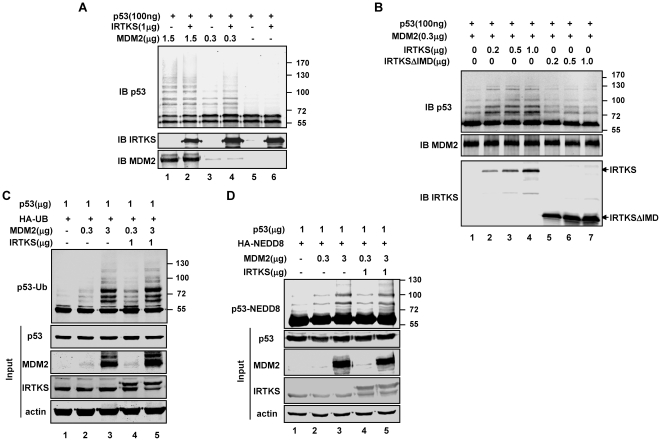Figure 5. IRTKS promoted MDM2-mediated p53 ubiqutination.
(A) IRTKS only enhanced p53 ubiquitination mediated by low levels of MDM2. In vitro ubiquitination assays were performed with recombinant His-p53, His-IRTKS and varying amounts of His-MDM2, and analyzed with p53-specific monoclonal antibody (DO-1) by Western blotting. (B) IMD was essential for IRTKS to promote MDM2-mediated p53 ubiquitination. In vitro ubiquitination assays were performed with p53, low levels of MDM2 and varying amounts of IRTKS (lane 1–3) or IMD deletion mutant IRTKS (lane 4–6). (C) IRTKS promoted low levels of MDM2-mediated ubiquitination of p53 in vivo. H1299 cells were cotransfected with the plasmids for expression HA-ubiquitin, p53, varying amounts of MDM2 and IRTKS or control plasmid. Cells were treated with 25 µM MG-132 for 4 h and the lysates were immunoprecipitated with anti-HA antibody. p53 ubiquitination was analyzed by western blot with anti-p53 antibody(DO-1). (D) IRTKS could not affect MDM2-induced p53 neddylation. H1299 cells were cotransfected with the indicated plasmids and treated with 25 µM MG-132 for 4 h. The cell lysates were immunoprecipitated with anti-HA antibody. p53 neddylation was analyzed by western blot with anti-p53 antibody(DO-1).

